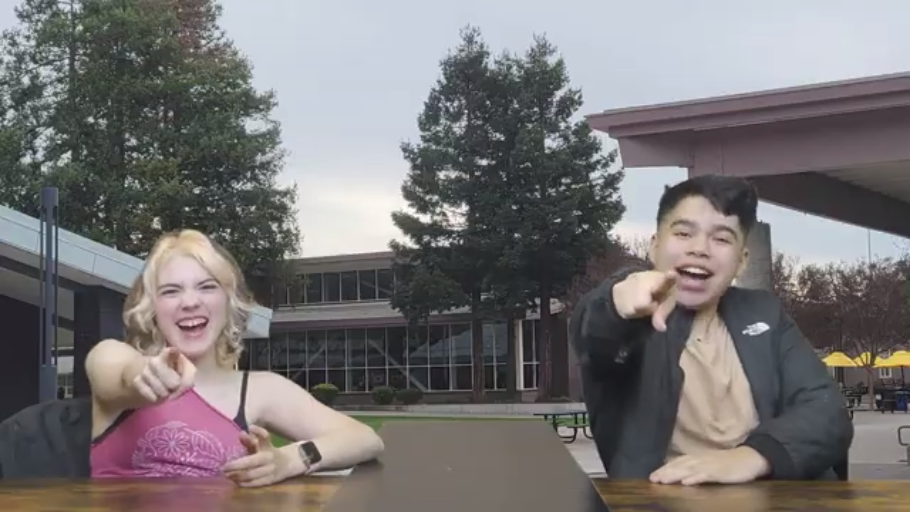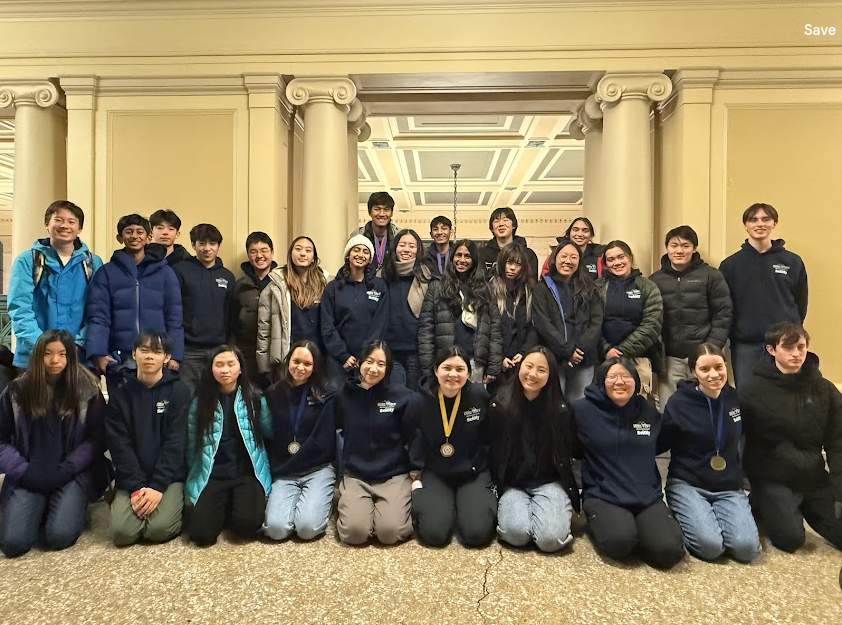[dropcap style=”square”]C[/dropcap]alifornia became the first state to adopt the ‘Yes Means Yes’ law, which seeks to make the legal definition of sexual consent clearer, on Sept. 28, 2014. Since 2014, a few other states have been moving toward reducing and preventing sexual assault through laws that require training, but no other state has implemented a sexual consent standard.
As of 2016, it is also required for California high schools to teach the standard of ‘yes means yes’ to all students. ‘Yes means yes’ establishes affirmative consent as the standard for sexual consent. Affirmative consent entails “clear, unambiguous and voluntary agreement to engage in specific sexual activity,” which means that silence or lack of protest or resistance do not constitute consent.
Under the law, consent may be revoked at any time and cannot be given by one who is asleep or incapacitated with substances. And, colleges and high schools receiving state funding must have policies in place for different situations regarding consent. Because the teaching of affirmative consent is now a California graduation requirement for all high school students, Oracle asked a few students to share their perspective on the law.
Student perspectives:
Do you think this is important that high schools and colleges teach affirmative consent?
Ashley Negado, senior
Yes, because high school and college is when you are introduced to these kinds of situations and it’s already pretty bad right now, so while we’re still young we always have time to improve it.
Katrina Garcia, sophomore
Definitely, because there are those few people who will go ahead and do the deed without any knowledge of it, and then you have those who are like “yeah totally I want to do this,” and then like, “nevermind I don’t want to do this.” They don’t know how to voice it so I think it is important for it to be taught during school so that they know what to do, and how to do so, and then they feel comfortable and hopefully they have someone who they are comfortable and they trust with if they’re going to do stuff with.
Zachary Lazkani, senior
Yes. I think it is important that all schools teach affirmative consent and have better sex ed. Mountain View is good to enroll [in on-site health], but if you do the BYU program you learn that sex is bad, and that actually does not align with our requirements for sex ed, so I actually don’t know how that’s allowed to be used. The state of California has rulings that all students in public schools have to have the same sex ed but BYU doesn’t actually abide by that so it doesn’t make sense why it’s allowed to be used as a substitute, but other courses at Foothill have the same sex ed.
Morgan Glazebrook, senior
I think that the teacher should emphasize and talk about it because it is kind of something that isn’t talked about, especially since people that have been raped or sexually assaulted are most likely embarrassed that it happened to them and so they won’t talk about it until a very long time…and so, since it’s not talked about with actual victims all that often then it should definitely be introduced to students in school because it’s a safe environment where no one gets called out or anything, so I think it should be definitely taught, acknowledged and addressed.


































